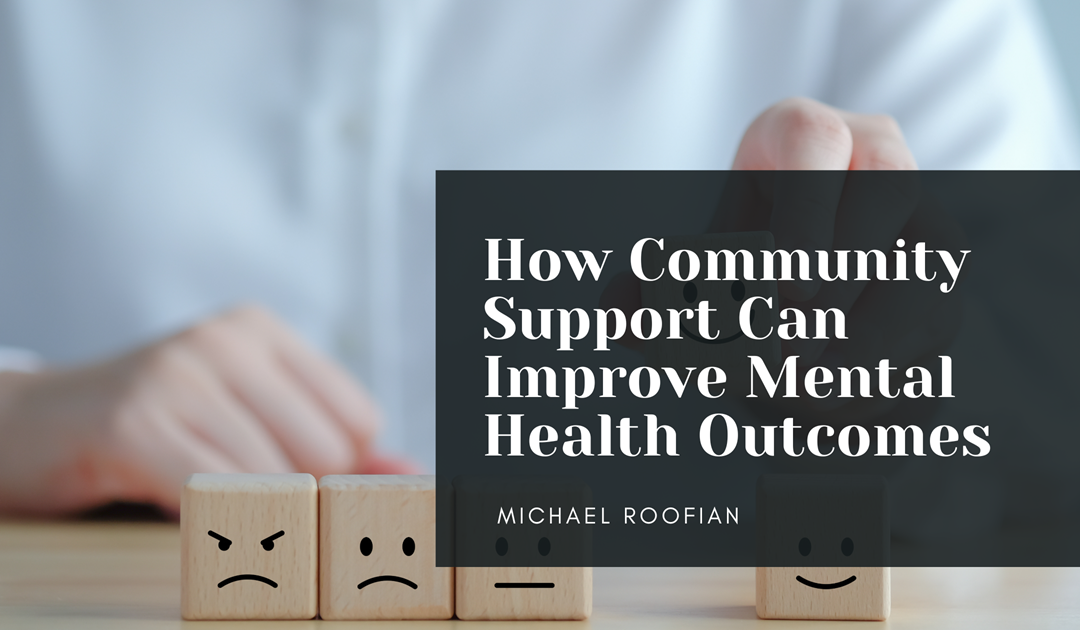Community support plays a pivotal role in improving mental health outcomes. In an age where mental health challenges are becoming increasingly common, fostering strong community ties can be a transformative solution. By offering a sense of belonging, access to resources, and emotional support, communities create environments where individuals feel seen, heard, and valued.
A key benefit of community support is the reduction of isolation. Loneliness is a significant contributor to mental health struggles, including anxiety and depression. Communities that encourage interaction through organized events, support groups, and volunteer opportunities provide individuals with meaningful connections. These connections foster a sense of inclusion and purpose, which can alleviate feelings of isolation and improve overall emotional well-being.
Another critical aspect of community support is the provision of resources and education. Many people struggle with mental health due to a lack of understanding or access to help. Communities can bridge this gap by organizing workshops, offering mental health first aid training, and partnering with healthcare providers. Educational programs help destigmatize mental health issues, enabling individuals to seek assistance without fear of judgment.
Peer support groups within communities are particularly impactful. These groups create safe spaces for individuals to share their experiences and challenges with others who understand. Listening to and learning from peers fosters empathy and provides practical coping strategies. The sense of solidarity that emerges from such groups often leads to improved mental health outcomes, as participants no longer feel isolated in their struggles.
Communities also serve as gateways to professional help. By promoting awareness of local mental health services and resources, they make it easier for individuals to connect with therapists, counselors, or support organizations. Community centers or places of worship often collaborate with healthcare providers to host therapy sessions, crisis hotlines, or drop-in clinics, ensuring mental health care is accessible to all members.
Moreover, community-driven initiatives such as neighborhood cleanups, cultural festivals, and recreational activities create opportunities for individuals to engage in meaningful work. These initiatives not only improve the environment but also provide participants with a sense of accomplishment and camaraderie. Such activities encourage physical activity, which has been shown to boost mental health by releasing endorphins and reducing stress levels.
Inclusive and diverse communities are especially effective at improving mental health outcomes. When individuals see their identities and experiences represented and respected, they feel safer and more supported. This inclusivity encourages open dialogue about mental health, further breaking down barriers to seeking help.
Ultimately, a strong community acts as a safety net. During times of personal or collective crises, community members rally together to provide emotional, physical, and financial support. This resilience reinforces the notion that individuals are never alone in their struggles. By cultivating compassion and understanding, communities create a foundation where mental health can thrive.
